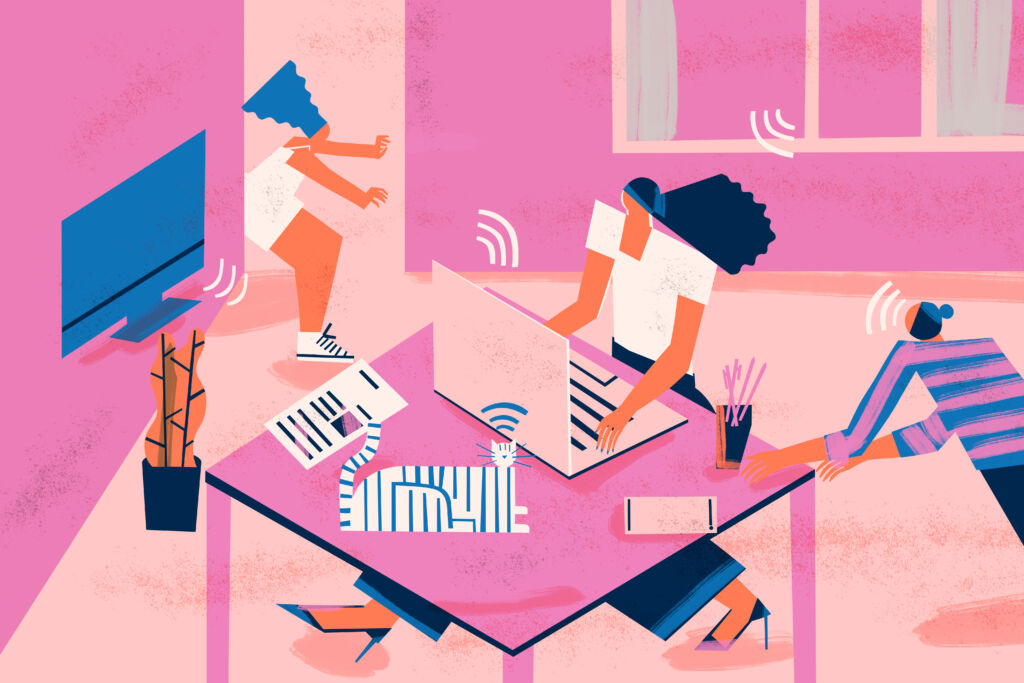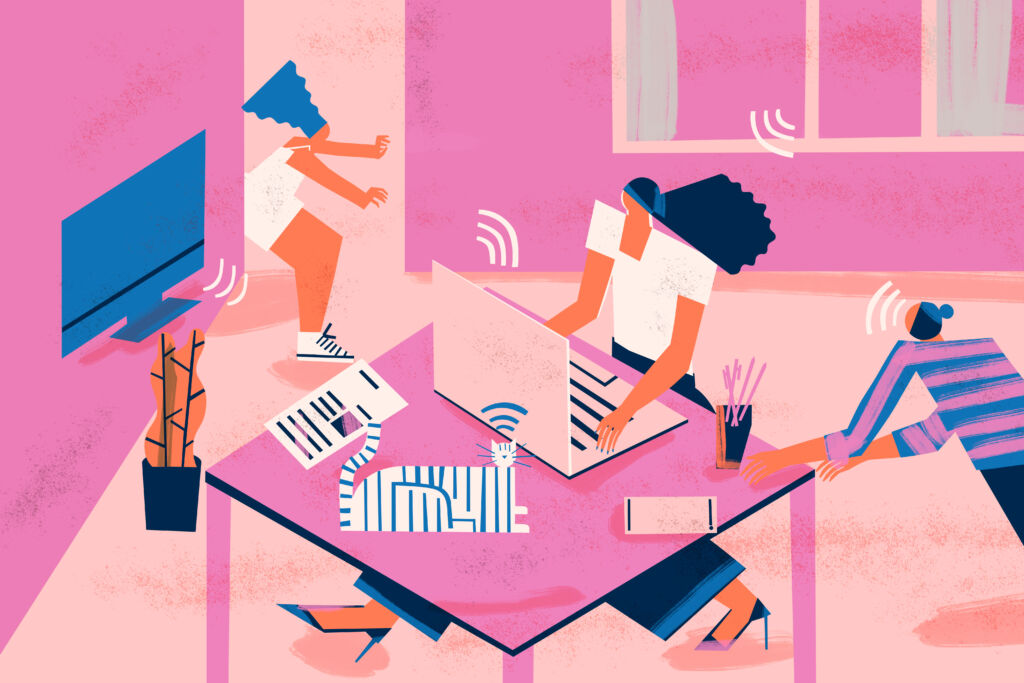Social impacts of textile industry from the perspective of novel business models

During the Telavalue project (2022-2024), both social and environmental impacts of textile industry will be looked into. Social impacts include e.g. employees’ well-being, fair pay, discrimination and fair competition. During the project, Turku UAS will do research for example on the sustainability of novel circular business models, such as product as a service models.

Ecologically, socially and economically sustainable business – is there such?
Sitra has divided circular business models into five categories:product as a service, renewability, sharing platforms, product-life extension, and resource efficiency and recycling. Some actors in the textile industry have already been testing the opportunities that novel business models offer. Turku UAS, for example, was in 2021-2022 part of a project called PaaS Pilots, in which two different textile companies piloted product as a service business models. You can read more about the project and the guide made for companies from this link.
From the perspective of Finnish textile companies, the most important aspect when looking into product as service business model’s sustainability, is the acts towards consumers and employees. These include for example the well-being of employees, fair pay, equality, as well as the well-being of consumers, possibility for feedback, transparency, and safe and healthy environment for all stakeholders.
Based on the publication of Mistra Future Fashion (2017), the only circular business models that strive in the market, have the opportunity to use free materials or volunteer work. This sheds a suspicious light on these models in terms of sustainability, since a successful business should not be dependent on free workforce nor free stuff.
Based on Ozdamar-Ertek (2016), the fashion industry we have today, is based on speed. Speed can be seen not only in the production but also in consumption. This of course has many societal implications, like ecological and economical but also social. Speed increases materialism as well as unsustainable and unnecessary consumption. People dress not only for themselves but also for other people. Clothes can buy us social status and boost our ego. This does not disappear even if there were new circular ways to consume. Therefore, we need to mold the slowly changing consumption habits. Continuous change and need for renewal is not only expensive but exhaustive. As a result some researchers have suggested anti-consumption. This means not consuming by choice. This way the consumer saves money and planet and at best can escape from the need for continuous renewal.
It has been noticed, that sharing economy includes many controversial social and ecological aspects. Sharing platforms, based on sharing apartments or clothes between consumers, require physical closeness and can be experienced as a risk to health and safety. These models require trust among their users, whereas sharing services provided by companies the provider is in a way verified. In addition, there are some examples, in which the consumer has treated a rented garment or other goods in a different, more carefree attitude, than a one which they own.
On the other hand, serviced based on sharing, can at its best provide and promote communal spirit, and bring people with different backgrounds together. The pros and cons of sharing services can be associated with other circular business models as well, especially with product as a service business models. Often, shifting towards renting instead of owning stops at the question of hygiene or of fear of tearing the clothes. In practice, when the consumer is not familiar with the other users and their standards for cleanliness, there can be assumptions of dirtiness or skepticism towards using a shared wardrobe. Interestingly enough, we do use rather regularly some textiles which we do not own, but instead share with others, like the textiles in hospitals or hotels, and we do not associate them with dirtiness or issues of hygiene.
The well-being of employees supports the sustainability of a company and its business.
However, circular business can at its best promote the well-being and happiness of employees, as well as boost their pride towards their workplace. This in turn enables success and public image of the company. Other positive social impacts of circularity could be increased accessibility of the product and services, when the price per use decreases, or products that the consumer cannot afford in a linear system becoming available and accessible for them. Circular business requires its employees new type of knowledge and skills, which increase the interest to educate and employ new professionals.
The research continues
Social sustainability goes hand in hand with ecological sustainability. From the perspective of companies, it is relevant also to consider the economical impacts and future risk factors of different business models. These will be studies throughout the Telavalue project. This post has only scratched the surface.
Eerika Heinonen
Circular business models research group, Turku UAS
